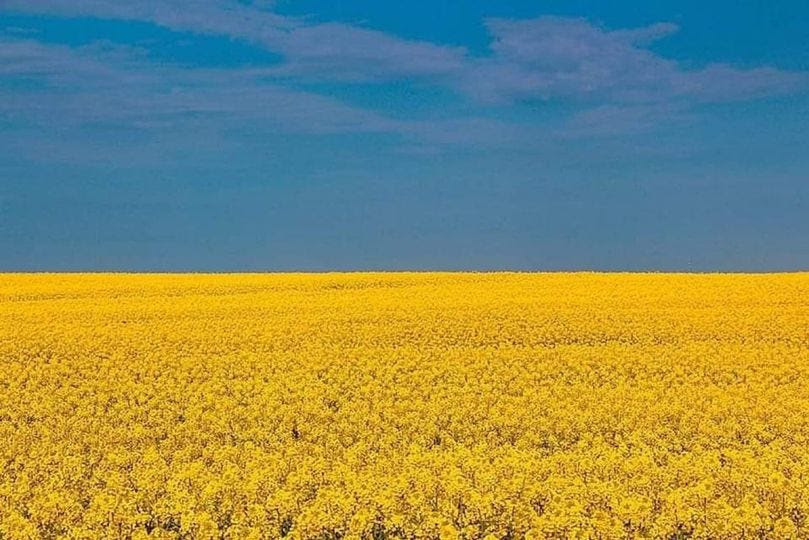
Hello again Science Fans!
It is difficult to focus on my usual writings this week given the things going on in Ukraine. A close personal friend of mine lives there and reported this afternoon that Russians had destroyed the local commercial airport and had fired upon an ambulance. They also reportedly have mined roads leading out of the area to prevent people from leaving.
I realize that this is a newsletter about science, not politics, but I can’t just ignore what is going on there. I can, however, tie some science into it.
Russia is an old hand at propaganda. This whole invasion is predicated on stuff they have made up about Ukraine. Last Sunday, the Russian news agency Tass reported that Ukrainian soldiers rode two armored personnel carriers into Russia which the Russians destroyed. They included some helmet cam footage to give veracity to the story.
Using open source tools and information, internet sleuths just needed a few hours to prove that the video was a fake. Here’s the story behind the technology used to disprove this “fake news” (I hate that term, but in this case it really applies). One might think that, given Russia’s propaganda history and their experience with cyber (in)security and hacking, they would be better at hiding their tracks!
Unfortunately, the war can’t be debunked like this.
The US and Russia partner in space, notably in the International Space Station (ISS). That partnership is now in serious jeopardy.
If you are so inclined, please do what you can to assist those in Ukraine. Search the internet with “aid for Ukraine” for examples of ways you can help.
Staying in space for a bit, this week’s Hubble Space Telescope image is stunning, showing the merger of three galaxies 681 million light years from Earth, although calling this a merger might be a little gentle.
Back to the space station for a second, there’s this stunning image of the ISS transiting the Moon, taken by an astrophotographer near Paris, France.
In what looks a bit like a Roger Dean album cover, an Australian engineer captured an image of Comet Neowise, the aurora borealis, and the milky way from the Canadian Rockies in 2020. I’ve seen a comet, and the aurora (once, in Quebec) and the milky way, but never like this!
You may have seen news stories about using laser propulsion to speed transit from the Earth to Mars and wondered how that might work. Using conventional methods, it would take Earth astronauts about 6 months to reach Mars. That’s 6 months of exposure to solar radiation. This potential propulsion method would cut that down to 45 days! Here’s how it might work.
We don’t hear enough about pioneering women in STEM. We shouldn’t even have to include the adjective “pioneering”! Here’s the story of Nagin Cox, Tactical Mission Lead for the Perseverance Rover on Mars, which is doing such amazing exploratory work on the red planet.
As we continue to hear about the worst drought in at least 1,200 years in the western US, here’s a first person accounting of a new project that uses solar panels to produce electricity while reducing evaporation from California’s massive canals. It is called the solar-canal solution.
In the unintended consequences department, scientists attached tracking devices to five Magpies in Australia. Here’s what happens when your original objective goes haywire, but you learn something new instead. Smart birds!
Then there’s Hank the Tank. He’s a very large black bear in the Lake Tahoe area who has been blamed for a series of burglaries. Hank got a bad rap! (although he’s not entirely innocent).
One of the strange effects of COVID-19 is the loss of taste and smell in some people who contract the disease. Research now shows that the reason some suffer this loss and others don’t is genetic.
As the pandemic is winding down, at least for now, localities are dropping mask mandates and more in-person events are returning to the schedule. One of these is the Lick Observatory Summer Series. These events include lectures, concerts, and viewings through two of Lick’s massive, historic telescopes. These evenings always sell out quickly. This year’s tickets go on sale April 13. You can get tickets one week earlier by joining Friends of the Lick Observatory by March 1. Plan ahead!
Have a great week in Science, and here’s hoping our friends in Ukraine get to do the same!

Bob Siederer
Upcoming Events:
Click to see the next two weeks of events in your browser.
